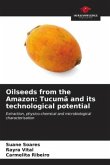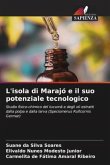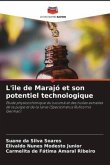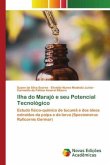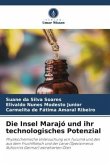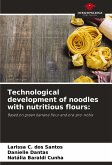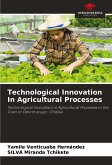The Amazon region is home to numerous plant species, where the oilseeds stand out. Thus, fruits of some palm trees have been constantly studied, as the lipid fraction of their pulp and kernel, for having excellent nutritional value (SILVA, 2020). The tucumã of Pará (Astrocaryum vulgare Mart.) species belonging to the Arecaceae family, can be found in relatively dry land, producing fruit in clusters (SANTOS, 2018). It has a great potential that can be exploited in family production models, as an important source of income and food, because besides occurring naturally in the region, this production has great chances of conquering local markets . The fruit has considerable amounts of bioactive compounds (carotenoids), dietary fiber, lipids, proteins, carbohydrates, minerals, and oleic acids that bring important effects in the human diet. From the tucuma fruit, two types of oils can be obtained, one from the pulp and another from the almonds, both edible, differentiated by quality.
Bitte wählen Sie Ihr Anliegen aus.
Rechnungen
Retourenschein anfordern
Bestellstatus
Storno


